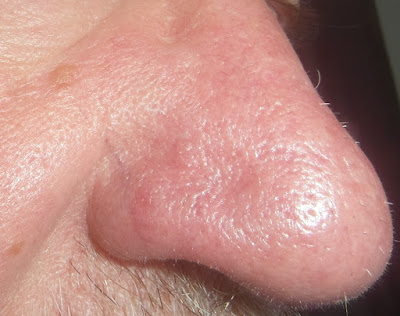This blog may help people explore some of the 'hidden' issues involved in certain media treatments of environmental and scientific issues. Using personal digital images, it's also intended to emphasise seasonal (and other) changes in natural history of the Swansea (South Wales) area. The material should help participants in field-based modules and people generally interested in the natural world. The views are wholly those of the author.
Thursday, 26 May 2022
Wake Up and Smell the Covid?
About 18% of people getting a Covid19 infection in the UK, develop anosmia (loss of their sense of smell) as a symptom. Some of this cohort later develop paraosmia, a distorting of the olfactory sense, where normally pleasurable odours smell disgusting or repulsive. A study at Reading University, identified 2-Furanmethanethiol as a chemical producing this changed sensation (https://www.theguardian.com/world/2022/may/25/scientists-identify-trigger-molecule-for-covid-related-changes-to-smell). 2-Furanmethanethiol occurs in coffee. It, unsurprisingly, smells like coffee or popcorn. Ten percent of people, developing anosmia after a Covid19 infection, found the smell of 2-Furanmethanethiol repulsive, in the condition's immediate aftermath (they had paraosmia). This rose to 47%, 6-7 months after the onset of their viral infection. The Covid19-related effects on the olfactory system appear to be progressive and long-lasting. It will be interesting to see whether perceptions of other chemicals also change. The smell of coffee is, afterall, something to which most people in the UK are routinely exposed.
Subscribe to:
Post Comments (Atom)
-
I n the UK and US, a pparently popular and successful vegan/vegetarian restaurants are reportedly closing or adding meat to their menus ( ...
-
Early ripening fruit may seem convenient but some folk think it confirms environmental stress. There's also a possibility th...


%20mating%20NWCW.jpg)


No comments:
Post a Comment